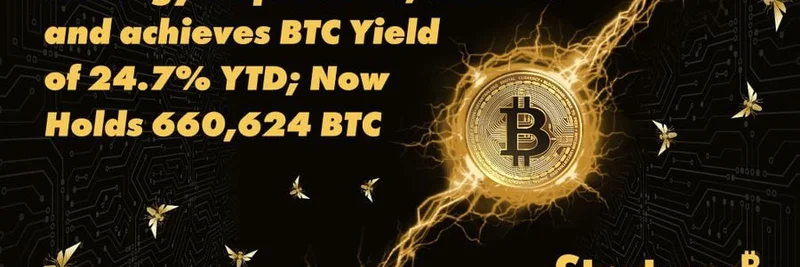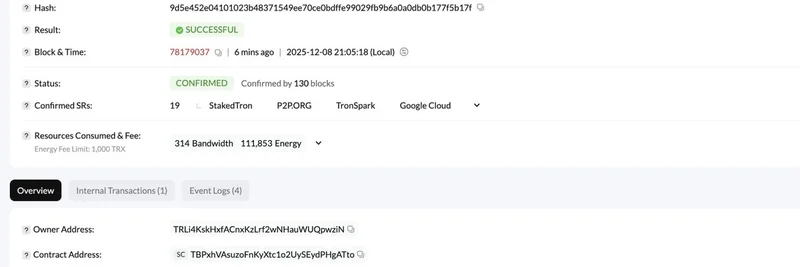In the fast-paced world of meme tokens and decentralized finance (DeFi), where hype can make or break a project overnight, a new controversy is brewing. Tron founder Justin Sun, a big name in the crypto space, has publicly called out World Liberty Financial (WLFI)—a DeFi project endorsed by the Trump family—for allegedly freezing his tokens without fair reason. This drama highlights the tensions between traditional crypto principles and the realities of high-profile ventures.
The Freeze and the Backstory
According to a recent tweet from BSC News, Sun's WLFI tokens were locked after on-chain data from analytics firms like Nansen and Arkham Intelligence spotted a hefty $9 million transfer from his wallet. This sparked wild speculation that Sun was dumping his holdings, potentially tanking the token's price.
But Sun pushed back hard, explaining that the moves were just "routine exchange deposit tests" and not sales at all. As one of WLFI's top backers, he's invested big in the project, which aims to blend DeFi with political branding. DeFi, for those new to the term, stands for decentralized finance—systems built on blockchain that let people lend, borrow, and trade without banks or middlemen.
Sun emphasized the core ethos of crypto: "Tokens are sacred and inviolable... It’s also what makes us stronger and more fair than traditional finance." He urged the WLFI team to unfreeze his assets and stick to these principles to build trust.
WLFI's Rocky Road
WLFI launched with massive buzz on Binance, hitting an initial price of $0.32. However, it quickly dipped below $0.19, losing over 40% of its value in days. This slide has fueled doubts about the project's stability, especially given its ties to Donald Trump and his family. As a meme token with political undertones, WLFI rides on viral appeal and celebrity endorsement, but incidents like this could erode investor confidence.
Sun insists he's in it for the long haul: "The long-term vision is too powerful, and I’m fully aligned with the mission." His team is reportedly in talks with WLFI to resolve the issue, but the blacklisting has sparked broader questions about transparency and investor rights in such projects.
What This Means for Meme Token Investors
For blockchain enthusiasts and meme token hunters, this saga is a reminder of the risks in hyped-up launches. Freezing assets might protect against dumps, but it contradicts DeFi's promise of censorship resistance. If you're diving into similar tokens, always check on-chain activity via tools like Nansen or Arkham Intelligence to spot red flags early.
As the crypto community watches, WLFI's response could make or break its reputation. Will it uphold the "liberty" in its name, or will this freeze chill investor enthusiasm? Stay tuned—meme token drama like this often evolves quickly.
If you're looking to learn more about navigating meme tokens and DeFi pitfalls, check out our knowledge base at Meme Insider for guides on spotting solid projects amid the noise.




